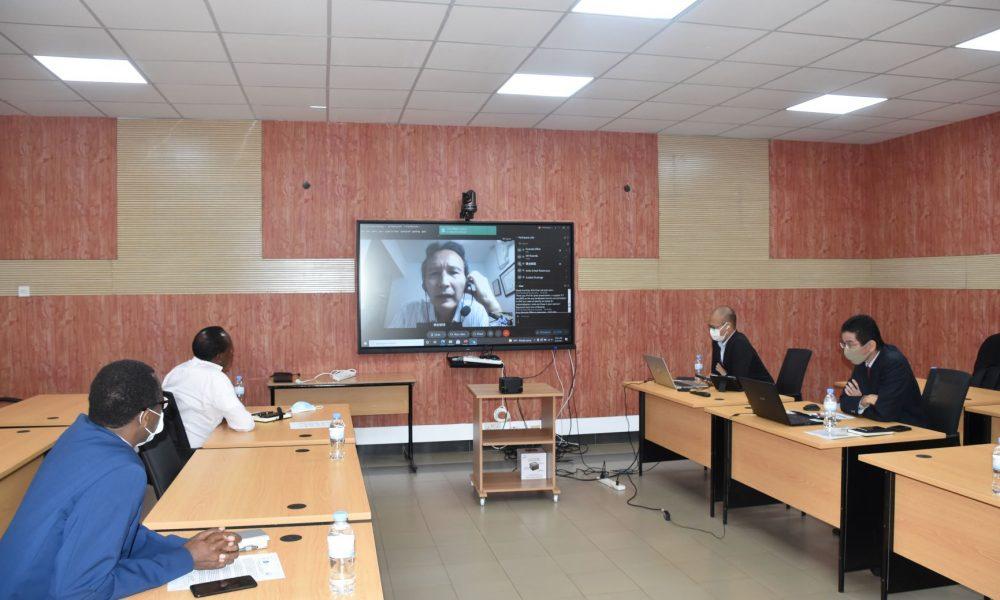Africa-Press – Rwanda. This Thursday, August 25, University of Rwanda, in collaboration with Japan International Cooperation Agency (JICA) Rwanda Office, will facilitate the second lecture in a series of JICA Chair Program (JICA Program for Japanese Studies), at the University of Rwanda headquarters in Gikondo.
The lecturer, Professor KUROIWA Ikuo from University of Niigata Prefecture in Japan, will deliver the lecture through a live broadcast from Japan, on Industrial Policy and Development in East Asia, the Global Value Chain-led Development Strategy and its Applicability in Africa. Dr. KUROIWA will discuss industrial policies and growth patterns in East Asia. Using spatial economics, he will explain how the region’s “flying geese model” of industrial development has enabled trade liberalization and infrastructure development and shaped its current industrial landscape.
Additionally, the lecture will examine the theory and potential of “Global Value Chain (GVC)” and discuss how landlocked countries including Rwanda may benefit from the global trade network.
The JICA Chair is a program aiming to represent the Japanese model of development, and help inspire partner countries with a unique development experience. The Program is a result of high-level strategic engagements between President Kagame and Dr. KITAOKA Shinichi, the JICA President in the year 2019.
Following their fruitful discussions, the Government of Rwanda decided to take up the Program, with the University of Rwanda being assigned to spearhead its implementation. The program had been scheduled to commence in March 2020 by lecturers from Japan, but due to COVID-19 pandemic it was delayed.
After reviewing the mode of delivery to make it virtually possible, the Program was launched by Honorable Dr. Valentine UWAMARIYA, Minister of Education, at a ceremony on 16th June 2021.
The first lecture was delivered by Prof. KATO, former Senior Vice President of JICA on the 30th June. Based on his experience, he discussed how Japan’s experiences as a provider of technical cooperation may be relevant to rapidly growing economies including Rwanda, given the current trend of regional and continental collaboration.
This program is expected to accelerate knowledge exchange and collaborations to meet Rwanda’s development agenda, contributing to the development of human resources in the country with focus on the future.
The explanation of industrial policies and growth patterns will enable the participants to consider the Rwanda’s development with more objective and long-term perspective, comparing with other countries’ cases.






